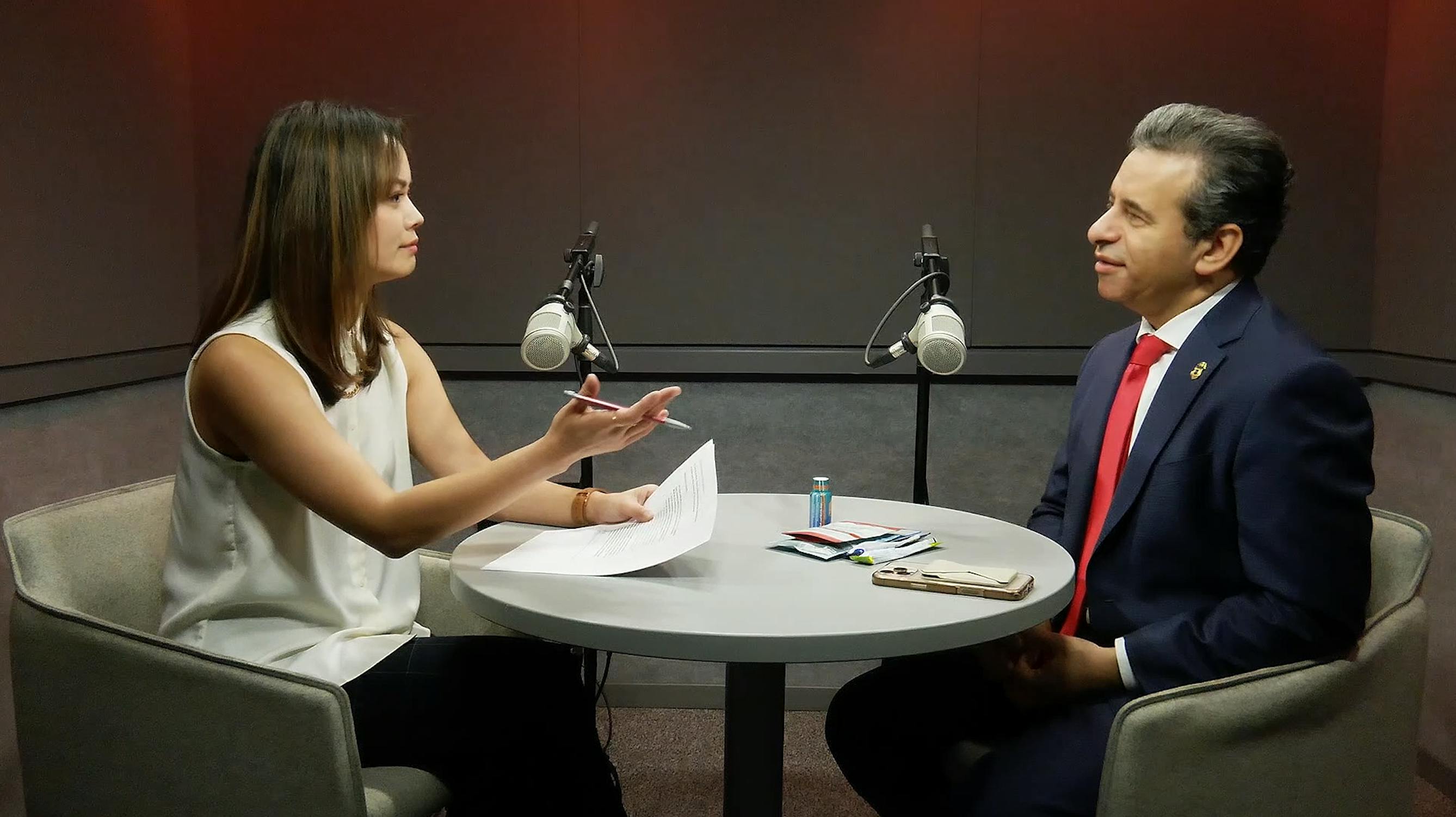The FDA's New Boss Wants to Make America Healthy Again
The Main Idea in a Nutshell
- The new head of the FDA has a big plan to make Americans healthier by fixing the food we eat and speeding up the approval of life-saving medicines.
The Key Takeaways
- Faster Medicine: The current 10-year process to approve a new drug is way too slow. The new boss wants to use AI and better communication to get cures to people faster.
- Fighting "Ultra-Processed" Food: He's targeting super-processed, chemical-filled junk food that's designed to be addictive, and he wants to ban ingredients like artificial food dyes that are already illegal in other countries.
- Warning About a New Drug: He's sounding the alarm on a new, dangerous substance called 7OH that acts like an opioid. It's being sold in vape shops, and he's worried it could be the next big drug crisis.
- Rebuilding Trust: He admits that public trust in health officials has dropped a lot, and he wants to earn it back by listening more and being more honest about what science knows and doesn't know.
- Fun Facts & Key Numbers:
- Fact: The FDA regulates 1/5th of all the money Americans spend on products.
- Fact: It can take 10 years for a new life-saving drug to get approved.
- Fact: A new AI tool called "Elsa" helps FDA scientists do work in 6 minutes that used to take them a couple of days.
- Fact: A new drug called 7OH is said to be 13 times more powerful than opioids in one study.
Important Quotes, Explained
Quote: "> Yeah, let's be honest. The FDA has had periods where it's been captured by the industry it's supposed to regulate."
- What it Means: He’s saying that sometimes, the big food and drug companies have had too much power and influence over the FDA, the very government group that’s supposed to be their referee.
- Why it Matters: This is a huge admission from the guy in charge. It shows he knows there’s a problem with outside influence and that he wants to make the FDA more independent and trustworthy.
Quote: "> We don't think, and I don't think that our nation's childhood obesity epidemic is a willpower problem. This we have engineered highly addictive foods with vibrant colors that can mess with the developing mind."
- What it Means: He doesn't believe kids and teens are overweight just because they have bad self-control. He’s blaming companies for scientifically designing junk food to be addictive, using chemicals and bright colors that are especially powerful on young brains.
- Why it Matters: This changes the conversation from blaming people for their choices to blaming companies for the products they sell. It suggests the FDA might get tougher on how junk food is made and marketed.
The Main Arguments (The 'Why')
- First, the author argues that the system for approving new medicines is ancient and way too slow. He points out that the 10-year timeline was designed in the 1960s and is preventing cures for diseases like cancer from reaching people who are desperately waiting.
- Next, he provides evidence that our food is making us sick. He blames the rise in diseases like obesity and diabetes on "ultra-processed foods" that companies engineered to have a long shelf life and be highly addictive, not to be healthy.
- Finally, he points out that people don't trust health experts anymore. He says that trust in doctors fell from 71% to 40% after the COVID pandemic, and that being too harsh with rules (like vaccine mandates for healthy kids) made people tune out. He believes that to improve health, you have to regain trust first.
Questions to Make You Think
- Q: If he wants to speed up drug approvals, how does he make sure the new medicines are still safe?
A: The text says he plans to keep the scientific safety review completely separate and independent. He’s doing this by removing people who work for drug companies from the expert panels that give the FDA advice. He thinks they can speed up the paperwork without cutting corners on safety.
Q: Is he going to ban junk food like donuts and chips?
A: The text says no. He clearly states, "This is America," and people can eat what they want. His main goal is to give people better information, define what "ultra-processed food" actually is, and change the rules for food paid for by taxpayers (like in school lunches).
Q: What is this 7OH stuff he's so worried about?
- A: According to the text, 7OH is a concentrated, synthetic chemical made from the kratom plant. It acts on the brain like an opioid (the drug class that includes fentanyl and Oxycontin). He's worried because it’s addictive, very strong, and being sold legally in vape shops across the country with no regulation.
Why This Matters & What's Next
- Why You Should Care: This topic directly affects your health. The FDA decides what ingredients are allowed in the food at your grocery store and in your school cafeteria. They also approve the medicines you or your family might need one day. These changes could mean healthier food options and faster access to treatments for serious illnesses.
- Learn More: The podcast talks a lot about "ultra-processed foods." To see an interesting (and extreme) example of how this kind of food can affect someone's health, check out the documentary Super Size Me. It gives you a real-world look at the topic.

